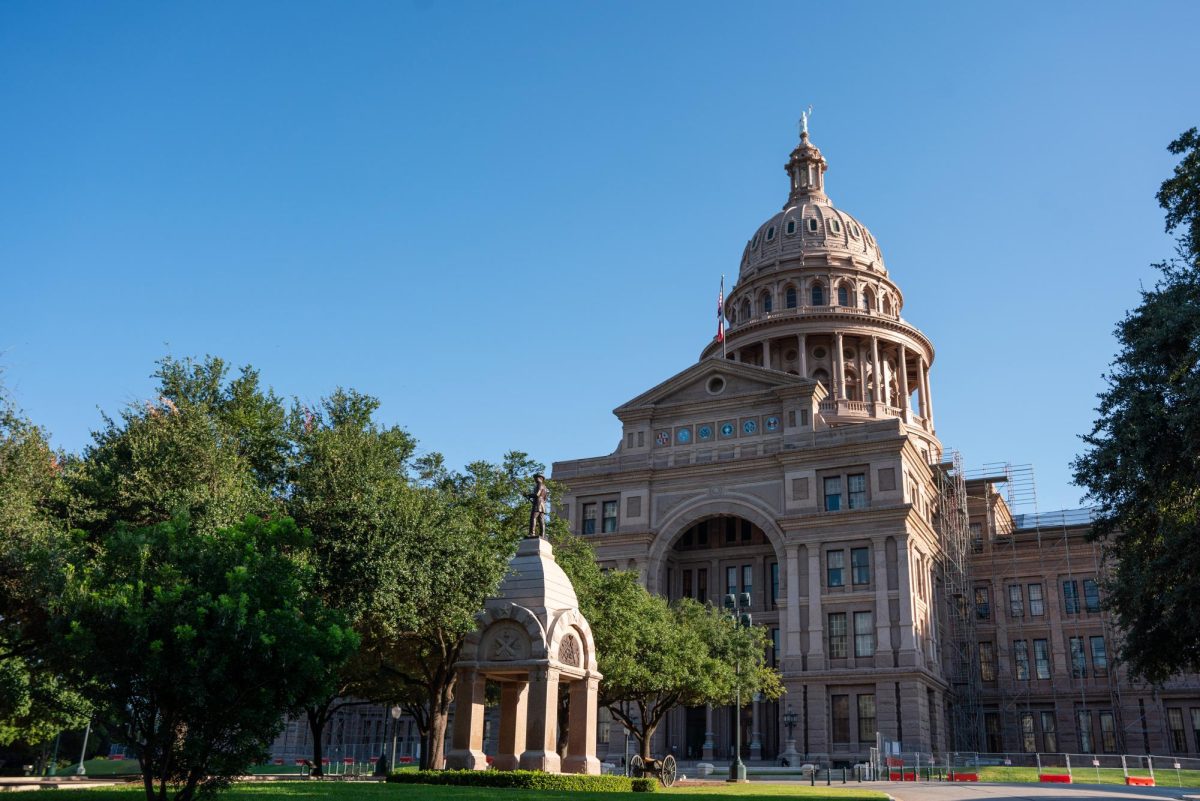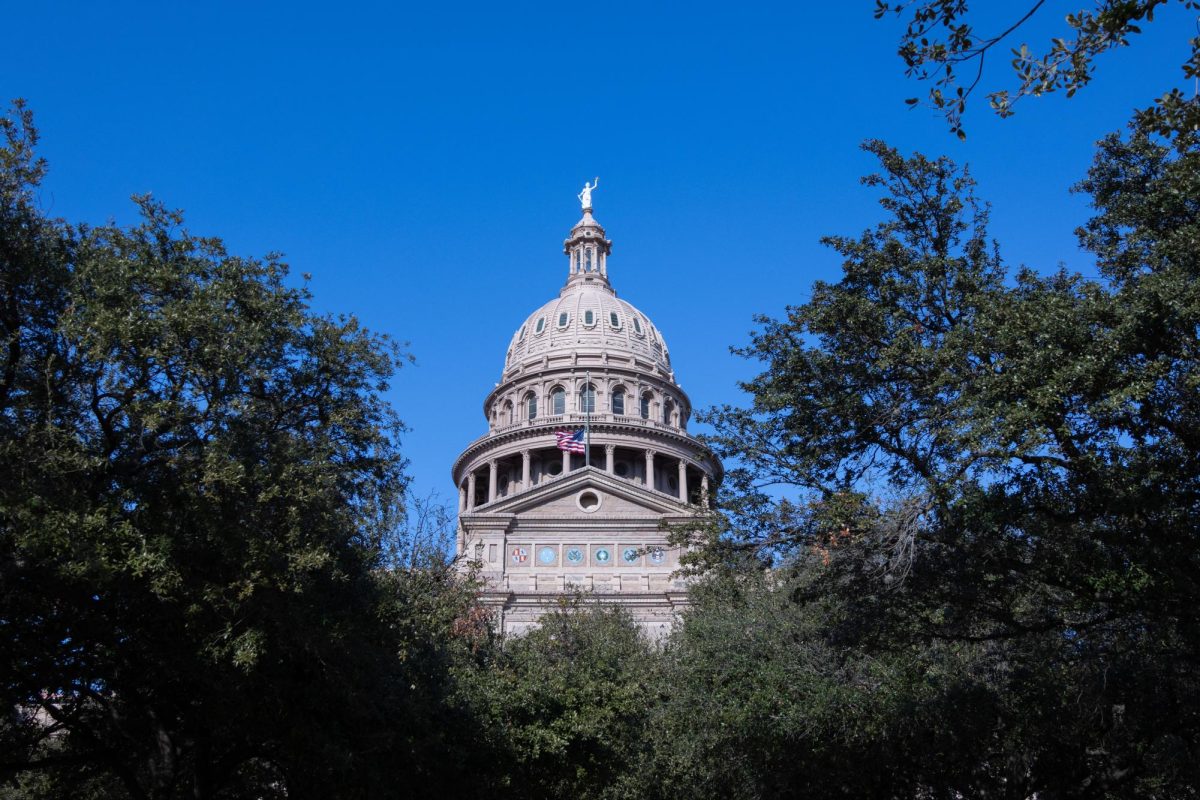A human rights advocacy group’s emergency motion to intervene in the lawsuit that blocked the Texas Dream Act, which allowed students without legal immigrant status for the previous 24 years to receive in-state tuition, state financial aid, or both, was denied by a district judge in North Texas on Friday.
The motion, which was first filed in late June by the American Civil Liberties Union of Texas, the Texas Civil Rights Project, the Austin Community College Board of Trustees, and a graduate student at the University of North Texas, claimed that overturning the law would cause irreversible harm to thousands of undocumented students who would now have to pay out-of-state tuition, which is often three times more expensive than in-state tuition. The groups are awaiting a ruling from the 5th Circuit Court of Appeals after filing a motion to appeal Judge Reed O. Connor’s refusal on Monday.
In his ruling on Friday, O’Connor stated that the groups had not presented a convincing argument, pointing to the supremacy of the well-established federal law from 1998 that forbids those who are not legally in the country from obtaining benefits related to higher education, such as in-state tuition rates.
Texas Attorney General Ken Paxton joined the lawsuit shortly after the U.S. Justice Department filed a lawsuit against the state statute on June 4. If non-citizen students were unable to produce proof of their legal presence, the June court ruling ordered colleges to charge them out-of-state tuition.
According to public information the Texan was able to get, between July 11 and July 24, the UT Office of Strategic Enrollment Management sent letters to roughly 1,150 students asking for proof of lawful presence in accordance with a June memorandum. According to public data, 755 UT students were eligible for in-state tuition in 2024 after certifying that they had been in Texas for at least three years and signing an affidavit stating that they would promptly apply for permanent residency. Regarding whether student residency classification choices were finalized as of August 13, a University representative declined to comment.
According to University records, students can make adjustments for the fall during the semester if they need to present new paperwork.
According to U.S. News and World Report, the average in-state tuition at UT is $11,678, but the non-resident tuition cost is almost doubled at $42,778. How many UT students who were previously eligible for in-state tuition under the Texas Dream Act will now have to pay non-resident tuition is currently unknown.
The story is still evolving. As new information becomes available, the Texan will keep it updated.












